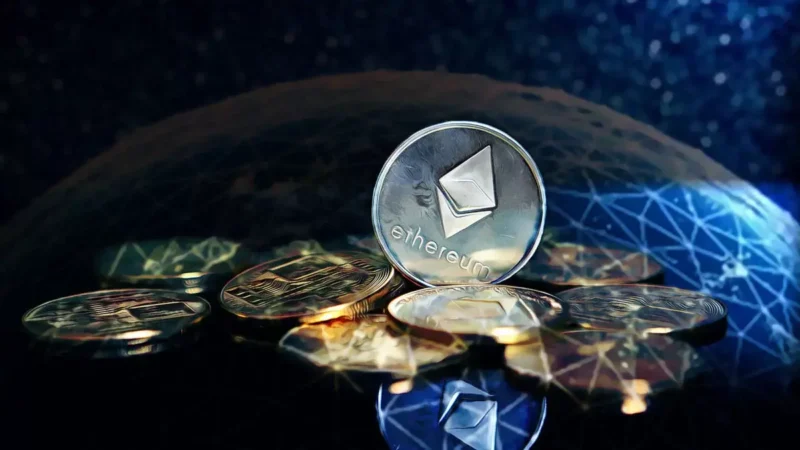Bitcoin to USD | Exchange rate Bitcoin to USD

Arguments for the fact that Bitcoin could make the distribution of assets fairer:
1. Open access
Bitcoin is basically available for everyone with internet access. There is no central authority that decides on access. In countries with unstable currencies, Bitcoin offers an alternative to protect assets from inflation.
2. Limited amount of money
The fixed upper limit of 21 million bitcoins prevents arbitrary increase in money-a contrast to Fiat currencies in which central banks can cause inflation and thus loss of purchasing power (which often affect poorer people).
3. Early adaptation and technological participation
Bitcoin rewards early participation in a decentralized technological network. This offers opportunities for people worldwide to build up assets outside of established financial systems.
Arguments that Bitcoin can increase existing inequalities:
1. Concentration of possession (whale)
A significant part of the Bitcoin assets are held by a few Wallets. These “whales” can significantly influence the market by moving or selling large quantities at once, which leads to instability.
2. Early adaptation = unequal start advantages
Those who got on early have often built up enormous assets with little effort. This distribution remains because Bitcoin does not redistribute – on the contrary: Those who have a lot also benefit disproportionately from course increases.
3. Technological hurdles
Although Bitcoin is open, the actual use is associated with technical, safety -relevant and educational policy hurdles. People without digital access or know-how tend to be left out.
In summary, it can be said:
Bitcoin can theoretically contribute to a fairer distribution, in particular through its censor resistance and its access for people without bank details. In practice, however, a tendency towards reproduction or even reinforcement of inequality – at least at short notice – has been more evident because assets and knowledge are unevenly distributed and “network effects” are increasing the advantage of early increases.
In the long term, this could put into perspective if adoption and education increase worldwide. But targeted measures are necessary for this – because Bitcoin does not solve the problem of inequality on its own.





